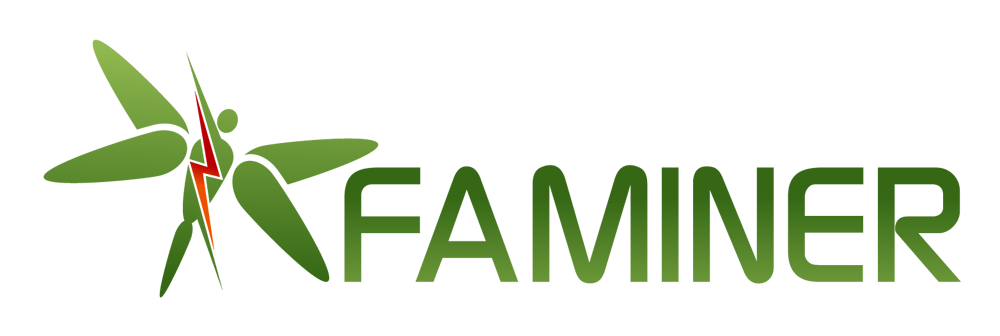Mole control
Home /
Mole control
Mole control
Size: Length of the body approx. 11–16 cm, plus tail 2–4cm
Weight: 60–130 g
Mole habitats: All of mainland Estonia, excluding the islands (Saaremaa, Muhu, Hiiumaa)
Lifestyle: When choosing a habitat, it needs to have a sufficient amount of food in the soil, moderate humidity and relief. Therefore, it prefers to live in border areas of different habitat types (forest edge, clearing, on the banks of rivers, streams). It also lives in abundance in cultivated landscape areas – dry wooded meadows, parks, underwood, meadows and pastures, and gardens. With an underground lifestyle, it rarely comes to the ground. It digs long underground passages that lead out from the nest chamber. Passages are necessary for catching food and as connecting paths between distant passages. Active around the clock, especially at night. Active all year round, even in winter. To survive the winter period, it gathers reserves – earthworms (immobilises them by biting through the nerve ganglion).
Dining table: Exclusively animal. Earthworms, insects and their larvae. Mice, shrews, rats, frogs, lizards, snakes, etc. also fall prey.
Family matters: Mating period in March and April. Gives birth once a year. 3–8 pups per litter.
Development: Gestation lasts for 40 days. Pups are born in May. Newborns are helpless, blind and hairless. The length of pups is approximately 3 cm, body weight 2.2–2.7 g. The female breastfeeds pups with milk for one month, then they start to catch their own food. The mole becomes sexually mature at the age of ten months. Life span 3–5 years.
Control: In addition to the tools sold in stores (which may not always give the desired result or simply have a deterrent effect), we use a special spike to find the passage of the mole and then use a unique gas dispenser, which, when installed, injects an appropriate amount of gas into the passages made by the mole, destroying them instead of simply deterring them.
Reminder – if you want to exterminate moles in your garden, do not scatter the piles made by moles and do not cover the passages they make. It will make it difficult or impossible to find the passages and the control will therefore be incomplete. If you care about your garden/lawn and you discover that an uninvited guest (a mole) has appeared in your garden, don’t wait, contact us immediately over the phone at 5691 1288.
Call us
+372 5691 1288
Finally, the most important advice: don’t wait until the problem has occurred, but contact us in time.
